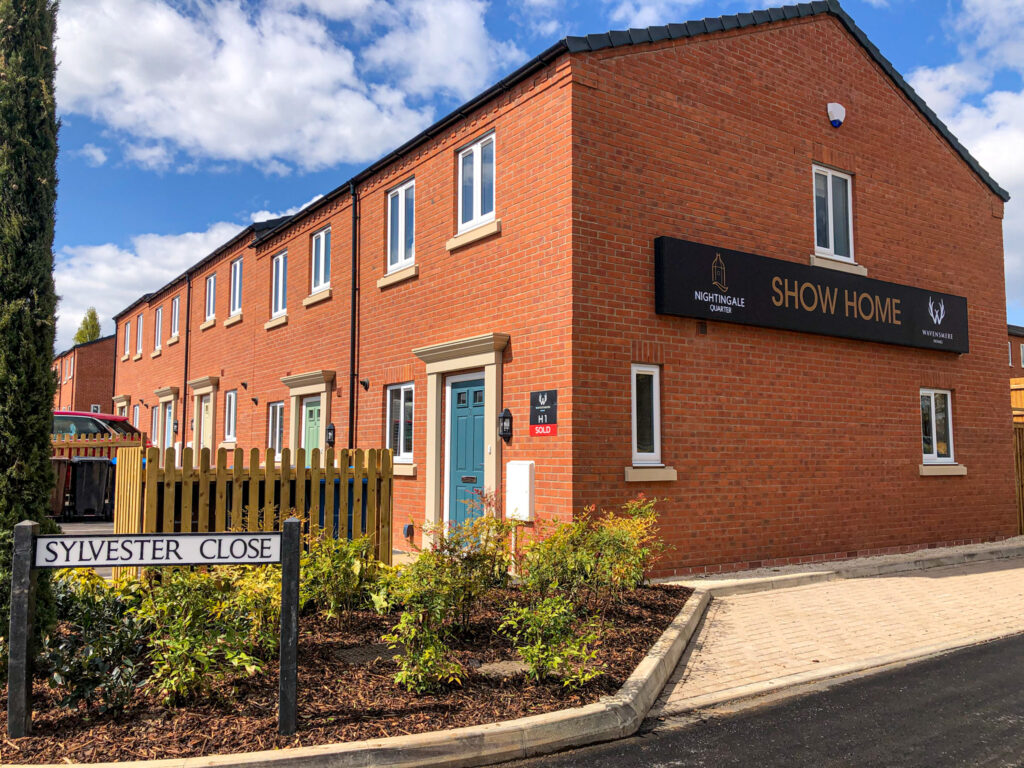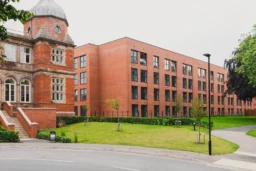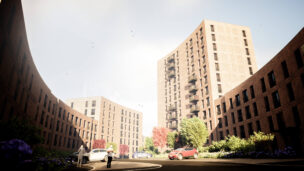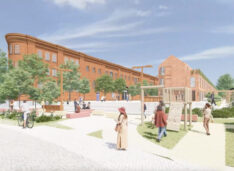Building the Future: Why New Build Homes Are More Sustainable

Sustainability is a buzzword that resonates deeply with today’s homeowners, and for good reason. As we grapple with environmental challenges and climate change, many are seeking ways to lessen their carbon footprint and reduce their impact on the planet. New build homes are emerging as a promising solution, and in this blog, we will explore why they are often more sustainable than older properties.
1. Energy Efficiency from the Ground Up
One of the primary reasons new build homes are more sustainable is their focus on energy efficiency. These properties are designed and constructed with the latest advancements in insulation, double-glazed windows, and HVAC systems. They typically exceed energy efficiency standards and often incorporate green building certifications like LEED or ENERGY STAR.
New build homes leverage technology and modern design to create well-insulated, airtight structures that reduce heat loss and minimize energy consumption. This, in turn, leads to lower utility bills for homeowners and less strain on the power grid. By efficiently managing energy use, new build homes contribute to a reduction in greenhouse gas emissions.
2. Sustainable Building Materials
New build homes often use eco-friendly building materials and practices. Builders have access to a wider range of sustainable materials, from responsibly sourced lumber to low-VOC paints and recycled materials. These choices not only minimize the environmental impact of construction but also contribute to healthier indoor air quality for residents.
Furthermore, the construction industry has seen a shift towards modular and prefabricated building methods, which reduce waste and promote efficiency. These modern construction techniques result in less material waste and reduced transportation costs, both of which are eco-friendly.
3. Advanced Technology and Smart Home Systems
Modern homes often come equipped with advanced technology and smart home systems that enable homeowners to manage their energy use more efficiently. From programmable thermostats that optimize heating and cooling to home automation systems that control lighting and appliances, these features help reduce energy waste and lower utility costs.
4. Compliance with Stringent Building Codes
New build homes are constructed to meet or exceed the latest building codes and regulations. These codes are updated regularly to reflect new technologies and sustainable building practices. By adhering to strict construction standards, new build homes are better equipped to provide a safer, more durable, and energy-efficient living environment.
5. Reduced Maintenance and Repairs
New build homes are designed to be low-maintenance, which can contribute to their sustainability. Modern materials and construction techniques often require fewer repairs and replacements over time. This results in less waste and a reduced need for resources to maintain the property.
6. A Blank Canvas for Eco-Friendly Upgrades
New build homes offer homeowners a fresh start and the flexibility to incorporate eco-friendly upgrades from the beginning. From adding energy-efficient appliances to installing a home charging station for electric vehicles, these homes provide a blank canvas for sustainable improvements.
New build homes are at the forefront of sustainability in the housing industry. With their energy-efficient designs, renewable energy integration, eco-friendly building materials, water conservation practices, and advanced technology, they provide homeowners with a path to reducing their carbon footprint and living more sustainably.
Check out our selection of current developments here – including Nightingale Quarter, Belgrave Village and Barrelmans Point.









